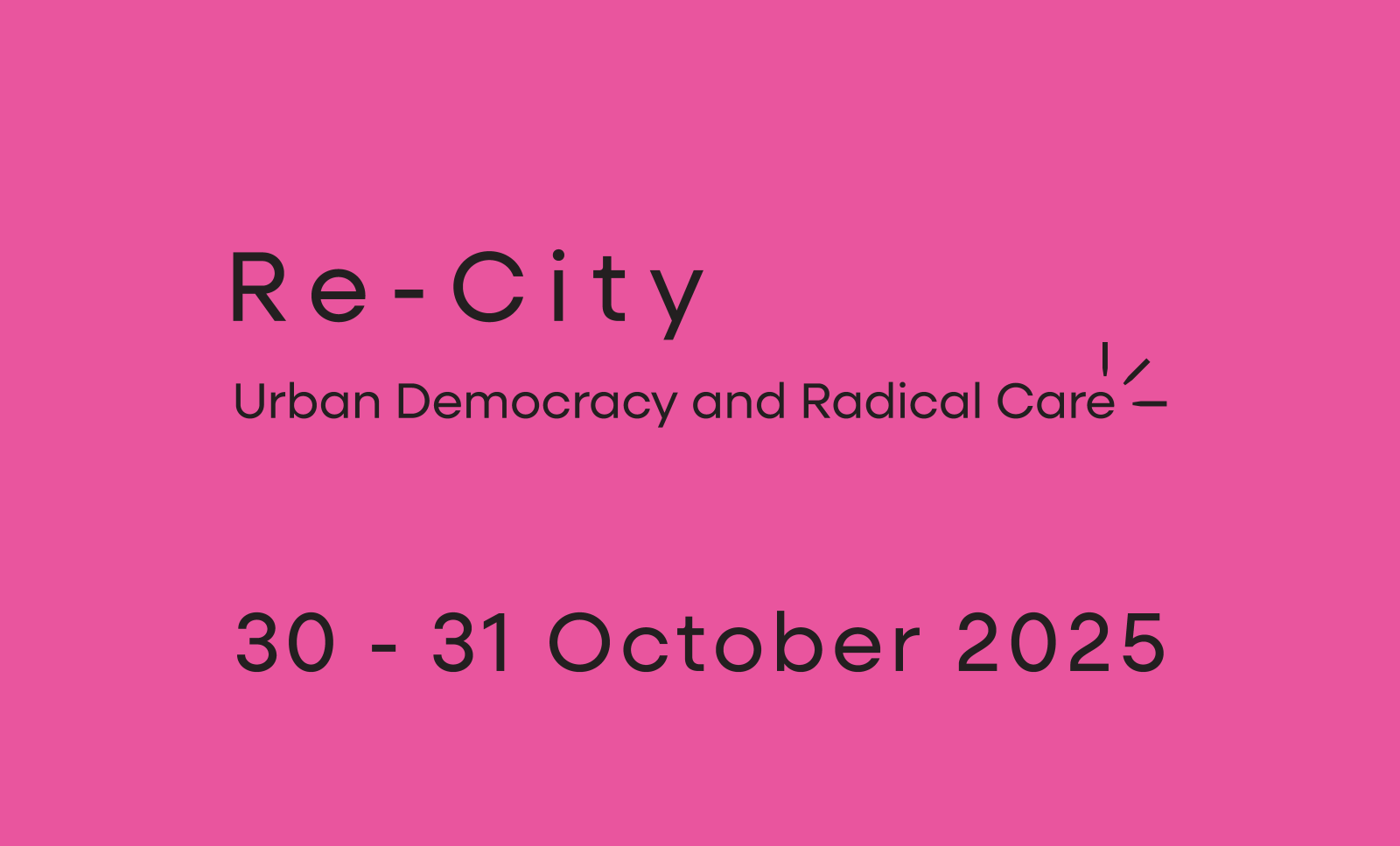Re-City Conference
- 30 – 31 October 2025
- Tampere University, City Centre Campus
- Program
- Practical information
- Download Abstract book here (pdf)
- Registration (closed)
- Call for papers (closed)
Contact person: Riina Lundman (riina.lundman@tuni.fi)
Keynote Speakers
- Ross Beveridge, Senior Lecturer in Urban Studies, School of Social and Political Sciences, University of Glasgow.
- Sabine Knierbein, Associate Professor for Urban Culture and Public Space, Institute of Spatial Planning, Faculty of Architecture and Planning, Technische Universität Wien.
- Päivi Kymäläinen, Professor of Social Policy, Faculty of Social Sciences, Tampere University.
Read more about the keynote speakers and lectures here.
About
In the 3rd International Re-City Conference, we focus on the questions of radical care, justice, democracy, and the city. We divide our approach into four partly overlapping themes of 1) the theory and ethics of care in the city 2) urban transformation, 3) social and spatial justice, and 4) urban democracy and activism. For us, radical care means recognizing urban vulnerabilities and carrying collective responsibility with and for our cities by adopting caring and critical approaches and practices. We link care with democracy to highlight how care is crucial for everyday democratic action and vice versa, if we want to create care-full cities and inclusive societies.
The Re-City Conference encourages interdisciplinary contributions from fields such as architecture, arts, education, human geography, law, management, philosophy, social sciences, urban planning, and more. We welcome submissions from researchers, practitioners, artists, and PhD students who are contributing to this vital conversation and that address, but are not limited to, the following themes:

